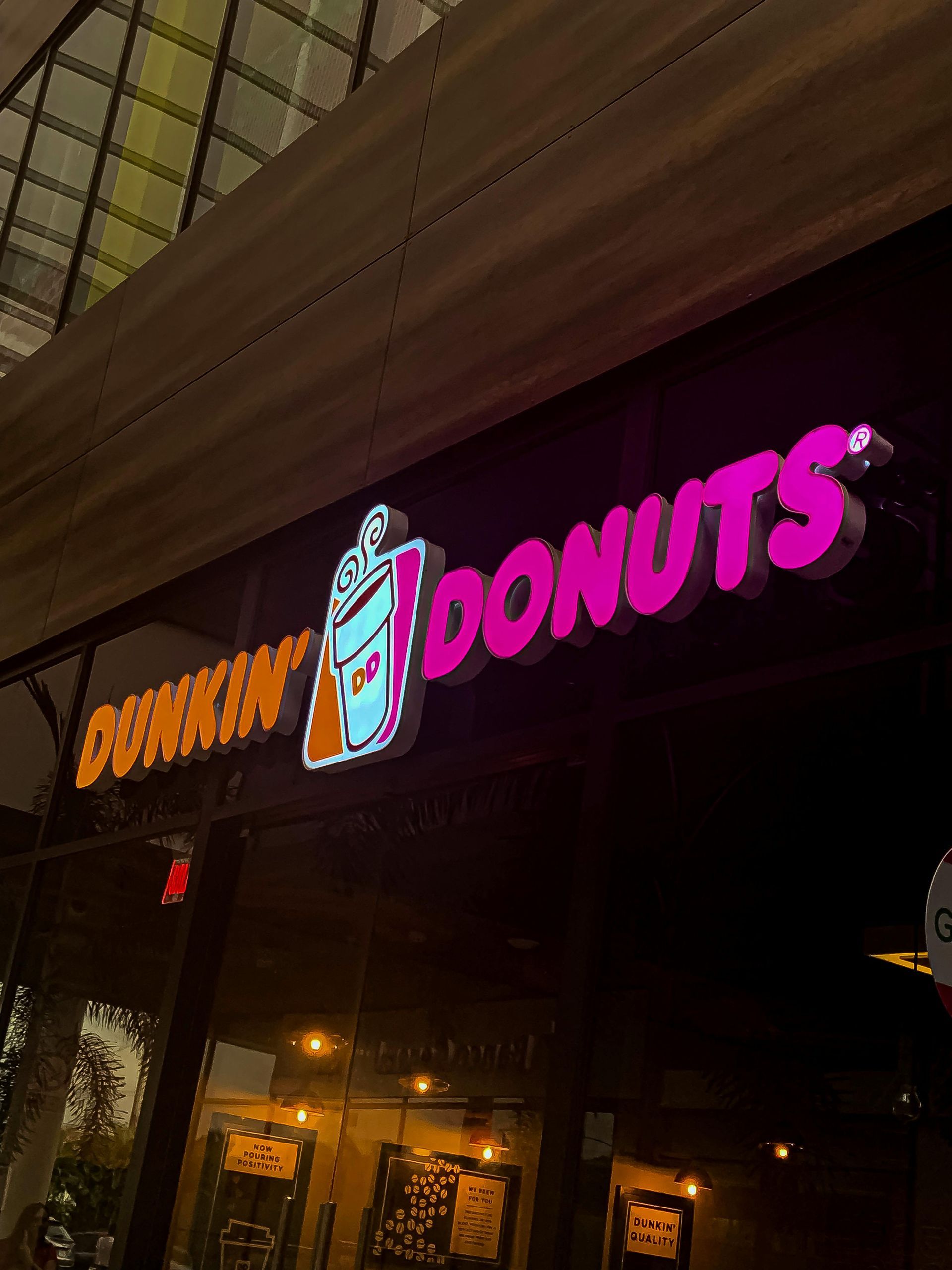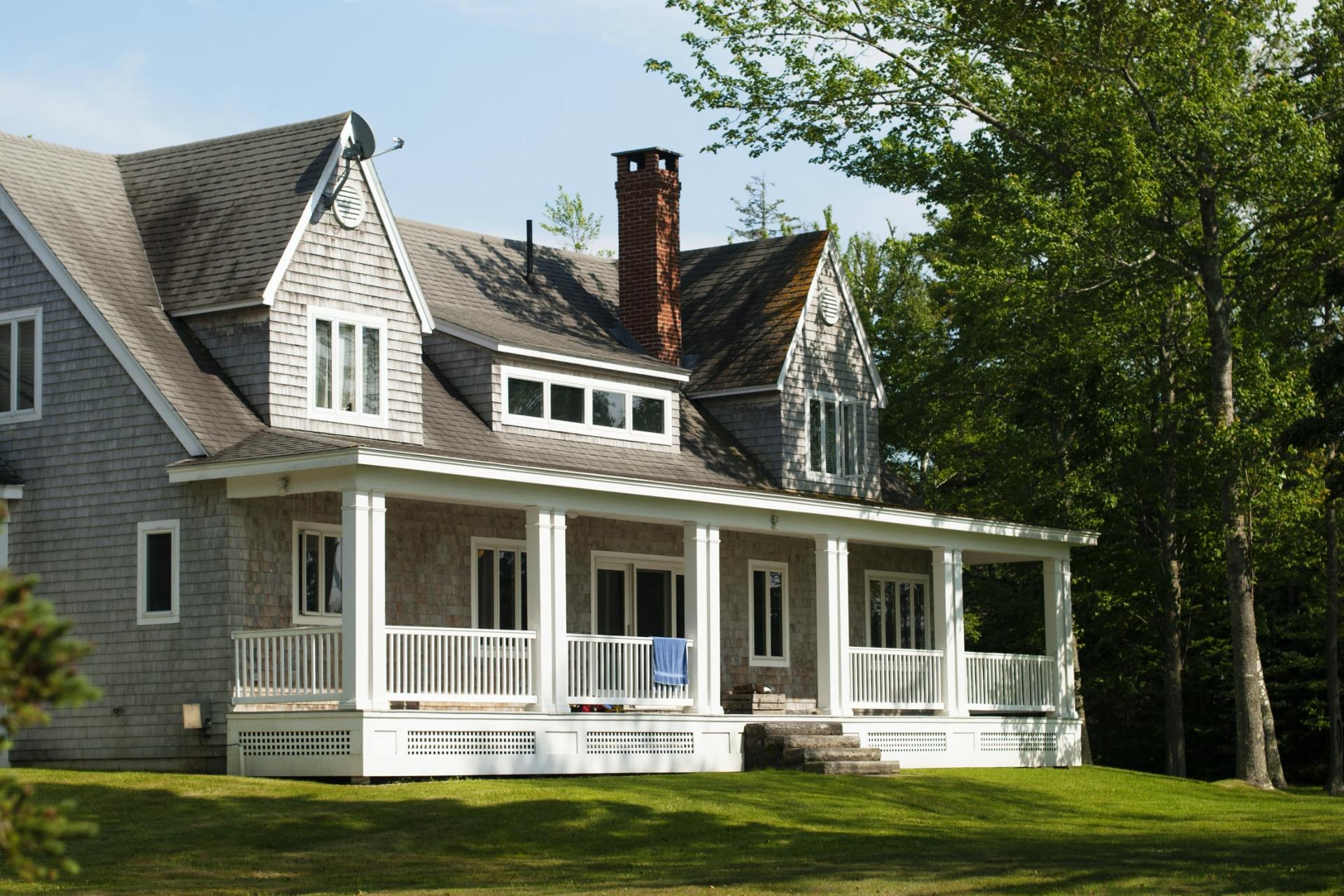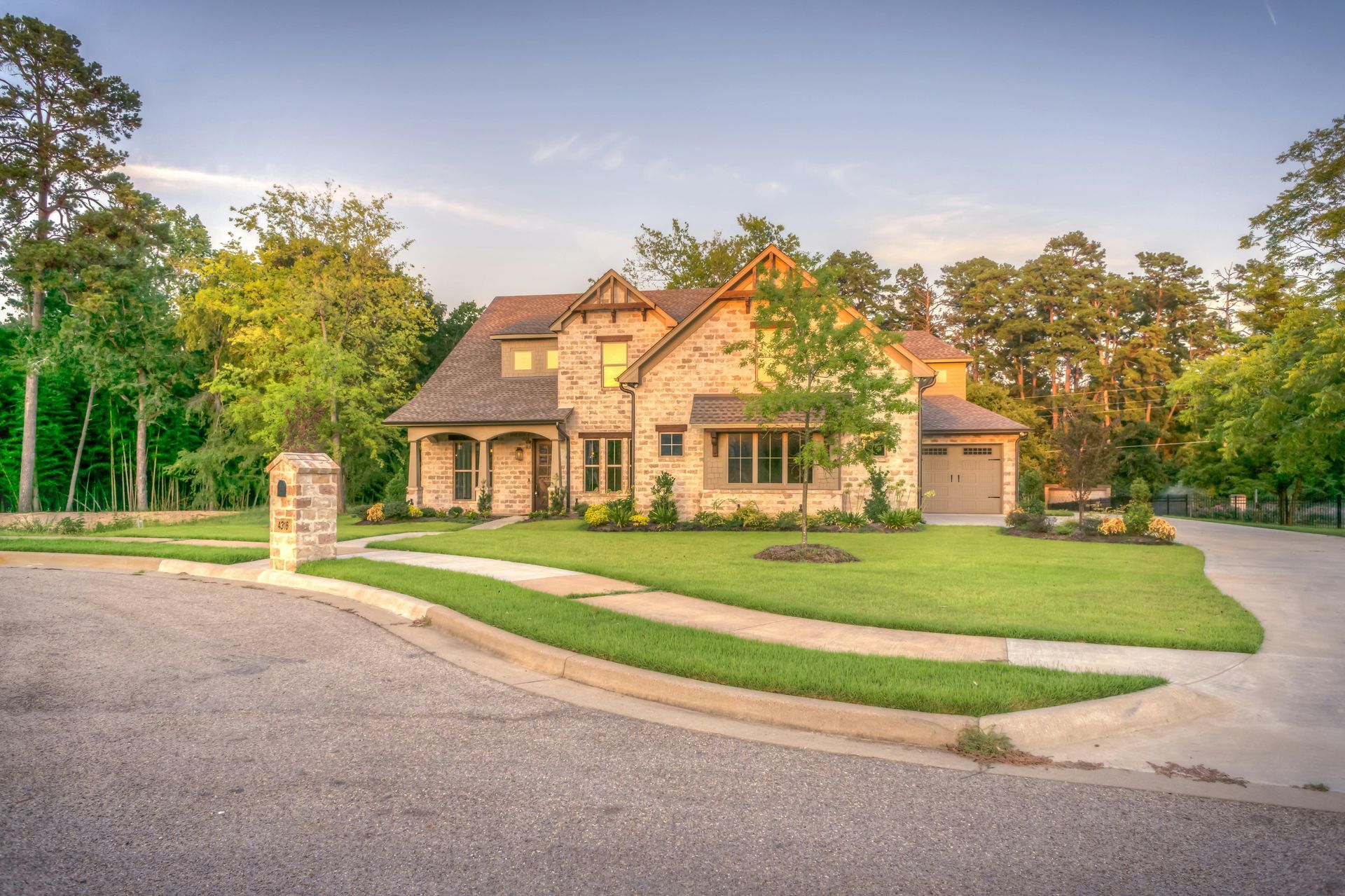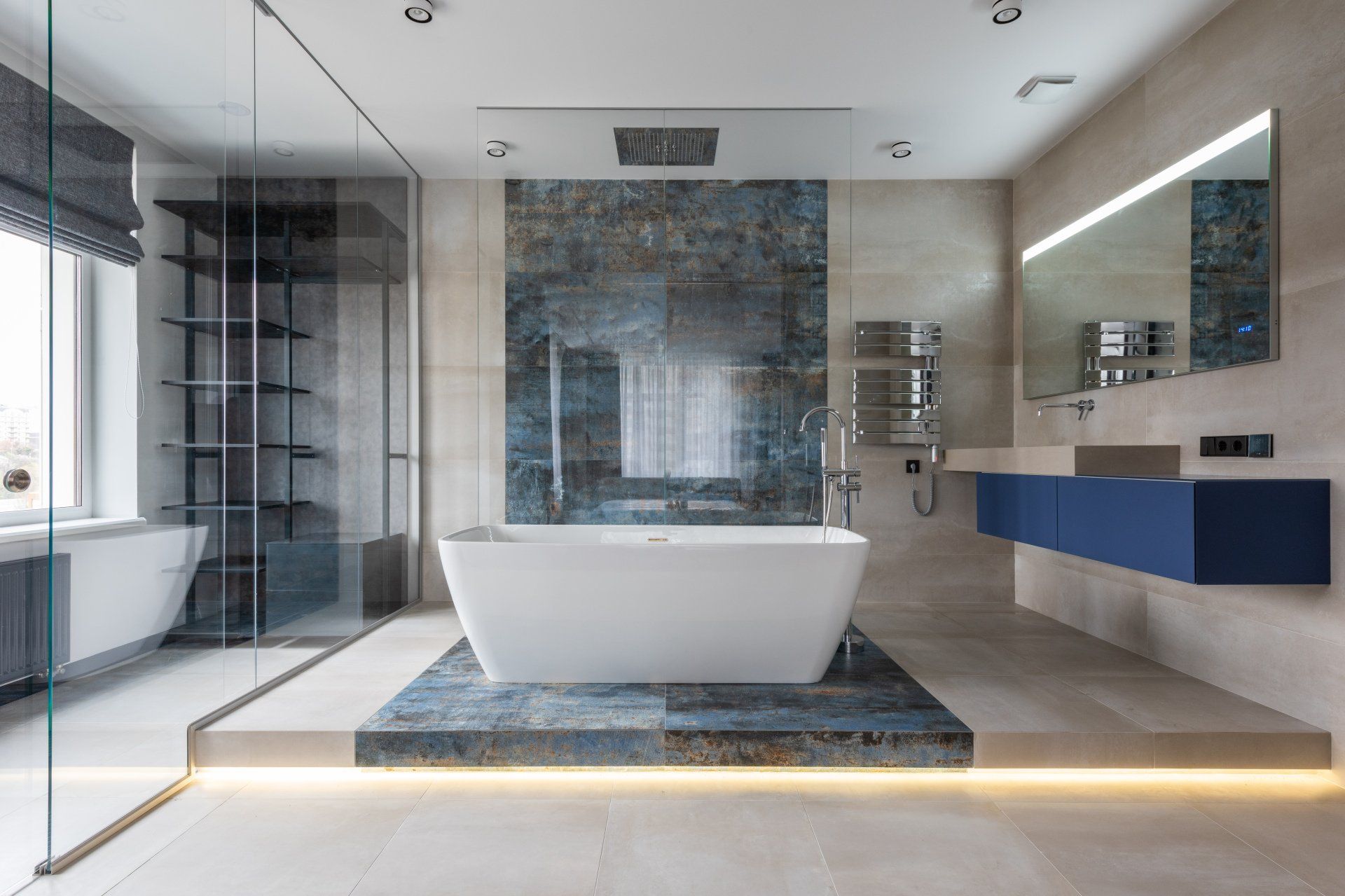Hotel Renovation After a Flood: What High-Rise Properties Must Know to Rebuild Right
A story every hotel manager should read before disaster strikes

It started with a quiet drip.
Room 1412 of the Lone Star Luxe—one of Dallas’s most iconic high-rise hotels—was unoccupied. A corner suite on the top floor, usually booked for business travelers and high-profile guests. But tonight, it sat empty… except for a ruptured supply line behind the vanity that had silently burst around midnight.
By 2:00 a.m., the guest in 1410 called the front desk.
“It sounds like there’s water running in the wall… or maybe above me?”
Lesson #1: In high-rises, one small leak can become a multi-floor crisis.
Even a minor plumbing failure on an upper floor can affect multiple rooms and mechanical systems below. If your building doesn’t have leak detection sensors or floor-specific water shut-offs, this is your first wake-up call.
The First 6 Hours: Emergency Response
When Dana, the hotel’s general manager, unlocked 1412 minutes later, she stepped into two inches of water. It had breached the hallway, soaked under the walls, and begun trickling down to the 13th floor.
She immediately called her maintenance lead, shut off the water main, and phoned her emergency response vendor. By 3:30 a.m., commercial mitigation crews were onsite with extractors, air movers, and dehumidifiers.
“This will take more than a mop,” one technician said.
“It’s in the walls. Possibly even the elevator shaft.”
Best Practice:
✅ Have a 24/7 mitigation partner under contract before a flood happens.
Waiting until disaster strikes to start calling companies wastes precious hours and could increase both damage and costs. A good vendor should be able to respond within 2 hours.
Day 1–3: Discovering the Full Scope
The next morning, Dana walked the property with the insurance adjuster and a reconstruction project manager. What looked like damage to six rooms had grown.
Drywall in adjacent rooms was wet behind the paint
Baseboards were bowed and separating
Sensors in the elevator pit had triggered
Moisture readings on floors 12 and 13 came back positive
In total, 18 rooms across three floors were affected.
Best Practice:
✅ Request a full moisture mapping and inspection—even in areas that look dry.
Water travels invisibly behind walls and under flooring. Skipping this step is a recipe for mold growth, electrical issues, and costly repeat repairs down the line.
Week 1: Insurance Friction
Dana was surprised when the initial scope submitted to the insurance carrier was challenged.
“Are these custom wall coverings standard?”
“Can you provide proof this vanity wasn’t pre-damaged?”
“Do you have original construction drawings?”
As the hotel manager, Dana found herself in the middle of a three-way tug-of-war between adjuster, contractor, and corporate.
Best Practice:
✅ Work with a reconstruction contractor who understands insurance.
Look for contractors who use the same estimating software (like Xactimate), understand supplement requests, and have experience documenting damage the right way. They should also be willing to advocate for you in discussions with your carrier.
Week 2–4: Rebuilding Under Pressure
With the claim approved and materials ordered, Specialty Contractors began the rebuild—one room stack at a time, starting from the bottom up. Guest occupancy had to be juggled daily.
Dana knew she had one shot to get it right. Corporate was watching. So were the reviews.
The biggest challenge?
Working inside a live, operational hotel with guests on adjacent floors.
Crews worked from 9 a.m. to 5 p.m. with limited noise windows. Debris was moved in padded carts through service elevators. Trades wore company shirts and badges. Dust was vacuumed daily.
Best Practice:
✅ Use contractors experienced in occupied commercial work.
Noise control, clean job sites, guest courtesy, and efficient scheduling are not optional—they’re the difference between a 5-star experience and a PR nightmare.
Week 5: The Surprise Upgrade Opportunity
As drywall was replaced and new flooring installed, Dana asked the team:
“What would it cost to upgrade to LED lighting and reface the vanities in these rooms while we’re already in here?”
The answer? Surprisingly affordable.
Since crews were already mobilized and permits already in place, adding cosmetic upgrades mid-project saved thousands in future renovation costs.
Best Practice:
✅ Use insurance reconstruction as a strategic moment to modernize.
Many hotels use disaster events as a chance to align rooms with newer design standards, reduce energy costs, and update finishes—often at a fraction of typical renovation pricing.
Week 6: Final Walkthrough & Lessons Learned
The project wrapped with 100% occupancy restored, no guest complaints, and a quiet pat on the back from corporate. But the experience left Dana forever changed.
She implemented new SOPs:
Monthly leak detection inspections
Upgraded water shut-offs
Staff re-training on flood protocols
A 3-year capital plan to proactively replace aging fixtures
“It was the most stressful 6 weeks of my career,” Dana said. “But now I know what questions to ask—and who to call when things go sideways.”
Key Takeaways for High-Rise Hotel Managers
Whether you're managing a 20-room boutique or a 300-room tower, here’s what to remember:
Have emergency vendors pre-contracted
Demand moisture mapping post-loss
Partner with insurance-savvy contractors
Plan your phasing around occupancy
Use the rebuild as an upgrade opportunity
Document everything, from materials to schedules
Don't underestimate the guest experience during recovery
Final Thought
Floods are unexpected, but recovery doesn’t have to be chaotic. With the right partners, planning, and perspective, even the worst nights—like Room 1412’s—can lead to smarter systems, better buildings, and stronger teams.
Need a hotel-savvy reconstruction partner?
Specialty Contractors has your back—just like we did for Dana.











